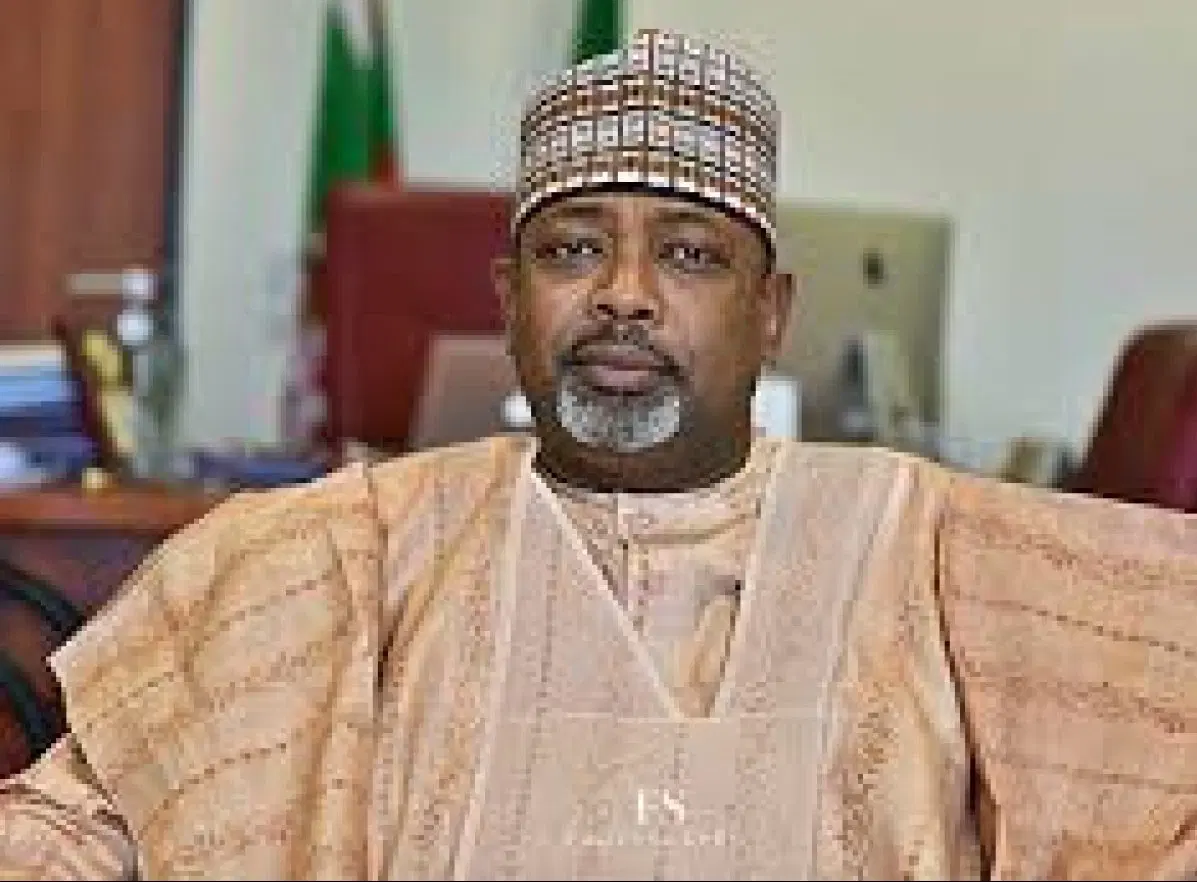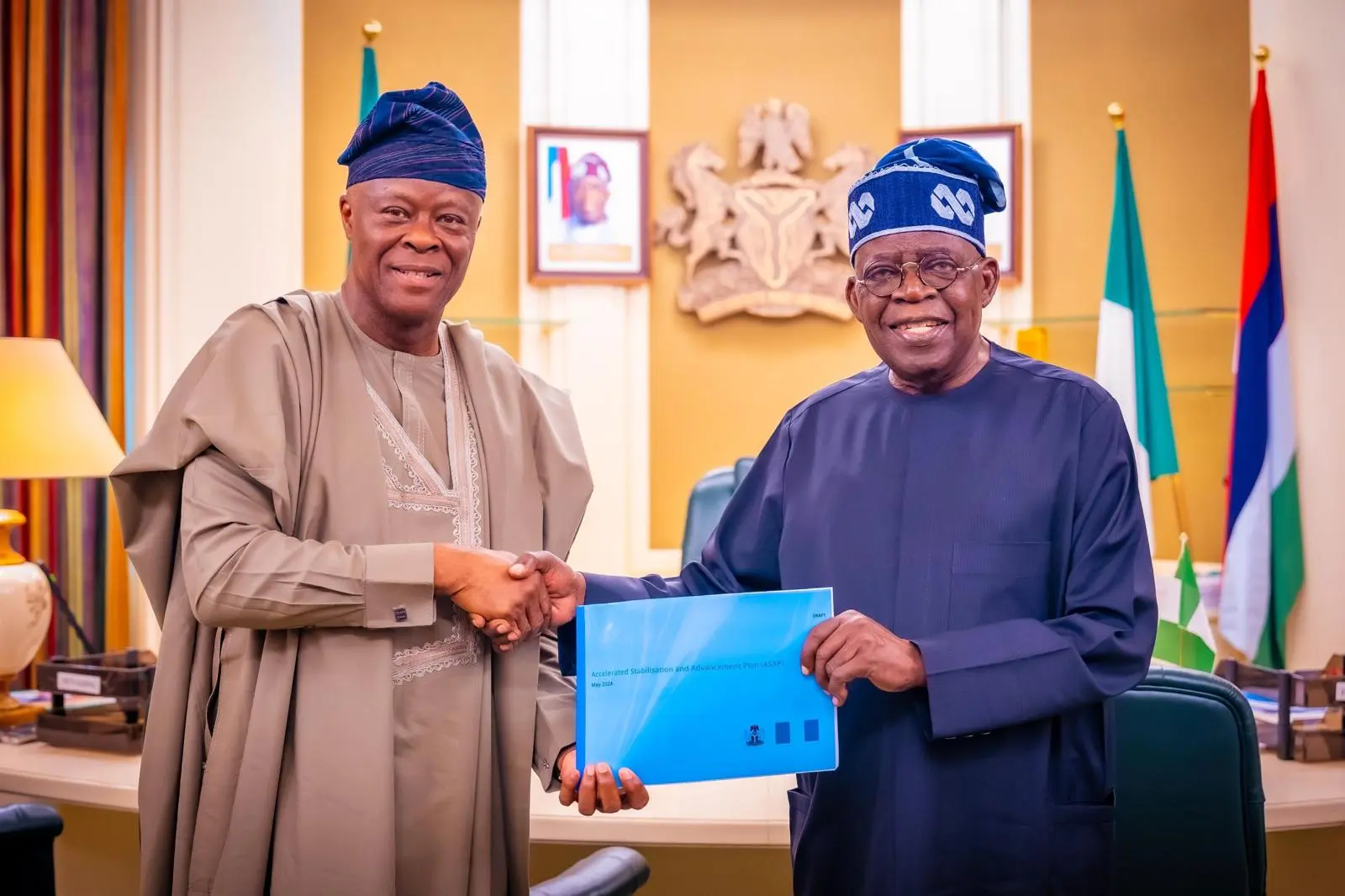
Education remains the backbone of any society, yet it is disheartening to acknowledge the staggering statistics of out-of-school children in Niger State, which has been adjudged the highest among the North-Central. As we are all aware, this unfortunate reality, especially in the Niger North Senatorial Zone (Zone C) of the state comprising Agwara, Borgu, Kontagora, Magama, Mariga, Mashegu, Rijau, and Wushishi local councils, has become a pressing issue inherited from successive governments—a challenge Governor Mohammed Umaru Bago has refused to ignore.
The statistics paint a grim picture. These figures are not just numbers; they represent lives and futures hanging in the balance. It is a crisis that requires urgent intervention, which Bago has decided to address head-on.
Desperate to change the narrative and ensure that every child returns to school and stays in school, Bago recently introduced an innovative and inclusive reform to tackle this crisis. Recognizing the urgency of the situation, the governor did not wait for detailed reports or recommendations from investigations he had earlier commissioned. Instead, he adopted a proactive stance, instructing the Ministry of Education to implement a triple-session system in government schools—morning, afternoon, and evening—to accommodate every child and ensure no one is left behind.
In the governor’s words: “School uniforms are no longer compulsory because there are children who want to go to school from the farms where they are assisting their parents or from the mechanic workshop where they apprentice but can’t because of uniforms. Allow them into the schools with their farm or mechanic clothes as long as they want to learn,” he says.
He has insisted that education should accommodate the realities of the people. This pragmatic approach reflects the Igbo adage, Afụrọ́ kemelu, eme ka afụrụ, which means, “If you don’t find a way to do it, you do it the way you find it.” Governor Bago has refused to wait for perfect conditions; he is creating opportunities within the realities we face because waiting for perfect conditions will only exacerbate the problem at hand.
The above statement alone emphasizes his understanding of the socio-economic realities facing many families in Niger State and the need to encourage them to send their children to school conveniently.
For too long, the inability to afford uniforms or the lack of someone to help with business premises has served as excuses for parents to keep their children from going to school. By removing this barrier, Governor Bago has taken a decisive step toward ensuring access to education for all children, regardless of their circumstances. However, the question here is how tenable this initiative will be.
The governor’s directives extend beyond mere policy adjustments. During his tour of Zone C, where he inspected the progress of over 1,250 km of ongoing road construction projects, Governor Bago held strategic meetings with emirs, village heads, parents, and students. He emphasized the importance of education and urged community leaders to ensure their wards and subjects enroll and stay in schools, further assuring them that the state government would provide jobs and skills for those who go to school.
The governor’s plan also includes taking education to the doorsteps of marginalized communities, including Fulani settlements (rugas). This initiative will ensure that every child, regardless of their location or background, has access to learning within their communities without having to leave their homes or cattle.
These reforms go beyond addressing the immediate challenge of out-of-school children. They aim to alleviate poverty by breaking the cycle of illiteracy and empowering future generations with the tools they need to succeed. The governor has challenged Nigerlites to seize this opportunity and work collectively to improve educational indices across the state, especially in the affected zone.
Governor Bago’s bold steps demonstrate that leadership is not just about making policies but about understanding the realities of the people and finding ways to address them.
Education is a right, not a privilege, and Governor Bago is ensuring that Nigerlites do not forget this truth through his actions.
Wakaso is Special Adviser to the Governor on Print Media





